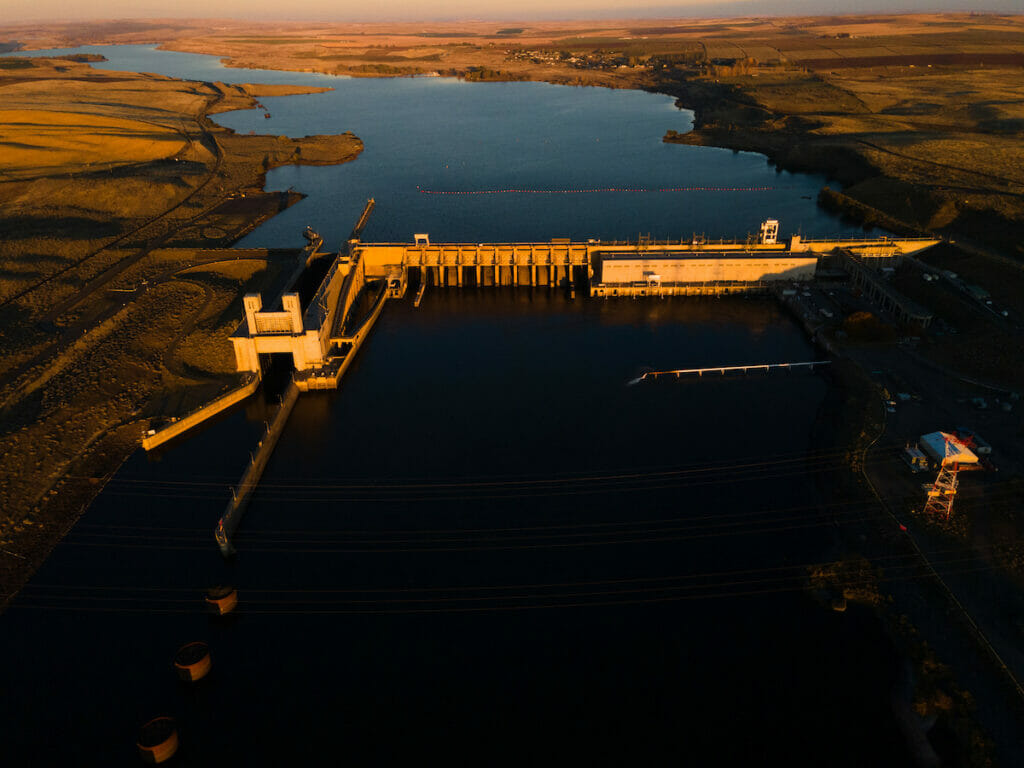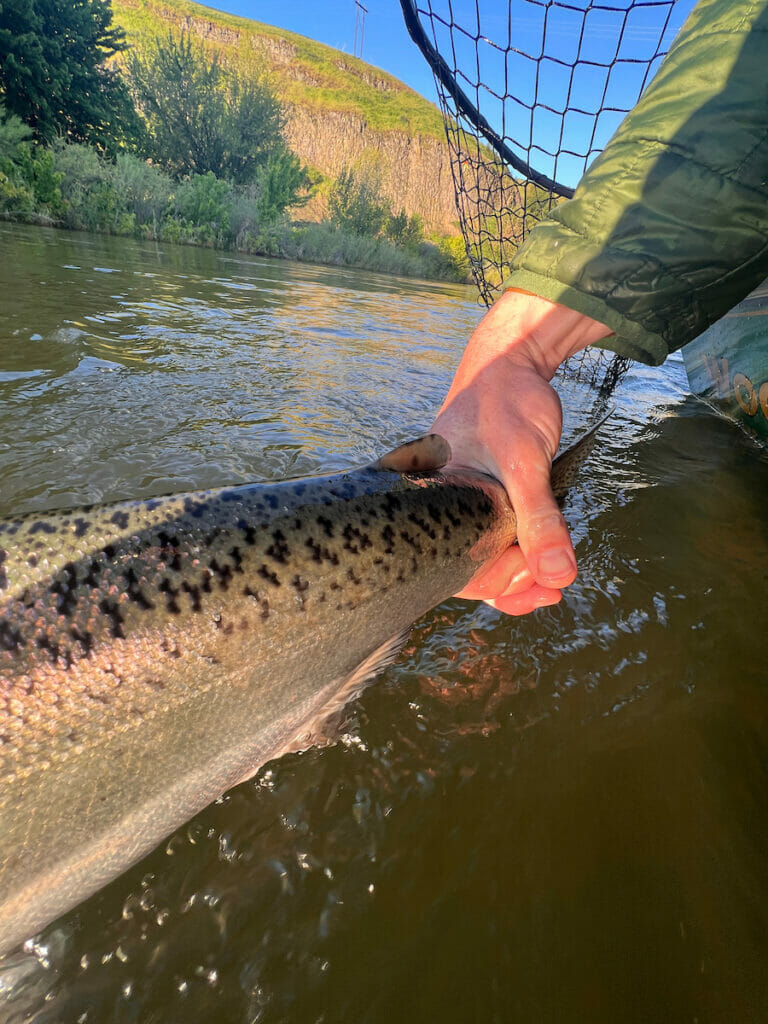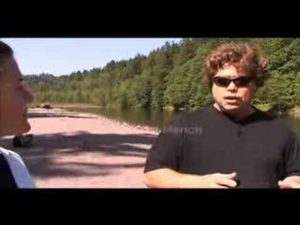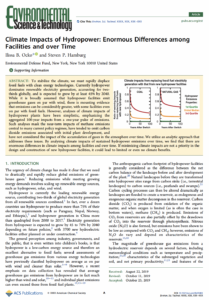Administration inks agreement on upper Columbia, but leaves Snake River in limbo

Beauty along the Snake and Columbia River systems comes in abundance.
The Biden Administration today took a step forward on meeting the nation’s obligations to upper Columbia River tribes but fell short of producing a comprehensive plan for the entire Columbia basin including the Snake River.
The administration announced a $200 million investment to benefit upper Columbia River salmon. The agreement between the administration and the Confederated Tribes of the Colville Reservation, the Coeur d’Alene Tribe, and the Spokane Tribe of Indians is a significant show of support for tribally led efforts to restore salmon populations in the upper Columbia River basin. The agreement is a testament to the tenacity of the upper Columbia River Tribes, who have been advocating for salmon restoration for 80 years.
The funds will be used to “test the feasibility of, and ultimately to reintroduce salmon in blocked habitats in the Upper Basin.” Salmon and steelhead have been cut off from the upper Columbia by Grand Coulee Dam since 1942. Grand Coulee and Chief Joseph dams both lack fish passage and completely block salmon migration. These efforts are an opportunity to use hatchery fish for the benefit of tribal communities, with limited impacts to wild fish, with the ultimate goal of reestablishing naturally reproducing populations. Upper Columbia tribes have been mourning the loss of salmon since the river was blocked.

One of the four Lower Snake dams that needs to be removed for salmon and steelhead survival.
“Grand Coulee Dam moved the floods from Portland and Vancouver to my Tribe’s Reservation and stole the once abundant salmon that fed the Spokane People that lived and thrived where the Spokane and Columbia River meet,” said Greg Abrahamson, Chairman of the Spokane Tribal Business Council, Spokane Tribe of Indians. “Grand Coulee Dam allowed the desert to bloom and many far away cities to enjoy cheap electricity at my people’s expense. The Tribe never lost hope that one day the salmon would return to the Tribe’s waters, and this Agreement will turn that hope into a reality with salmon in the Spokane’s waters. The Spokane Tribe believes when the salmon return home, we will begin to heal. This will bring healing to both the salmon and the people, which is why we do this work.””
The agreement may not immediately return wild, self-sustaining runs to the upper Columbia, but it is a step toward righting the wrongs inflicted on tribes across the Pacific Northwest by the Army Corps of Engineers and Bonneville Power Administration.
“Today’s historic agreement is integral to helping restore healthy and abundant fish populations to these communities,” said Secretary of the Interior Deb Haaland. “As we work toward comprehensive and collaborative basin-wide solutions to restoring salmon and other native fish populations, the Biden-Harris administration will continue its efforts to honor federal commitments to Tribal Nations, deliver affordable and reliable clean power, and meet the many resilience needs of stakeholders across the region.”
The Snake River joins the Columbia River downstream of the blocked areas impacted by this agreement. The Snake has its own salmon crisis. The lower four Snake River dams have fish passage, but the creation of four interlinked reservoirs has created a salmon-killing gauntlet that is driving wild Snake River salmon and steelhead rapidly toward extinction. The Snake basin contains more than 30,000 accessible stream miles, around half of all remaining coldwater habitat for Pacific salmon and steelhead. Before completion of the lower four Snake River dams, the Snake River and its major tributaries were a salmon factory for the Pacific, historically producing millions of salmon and steelhead.

Chinook adipose shot
Trout Unlimited applauds the Administration’s agreement with the upper Columbia Tribes. But today’s agreement is only one step in the needed action to rectify harm caused to salmon and the tribes who rely on them. Now the administration must focus its attention on unlocking the enormous salmon recovery potential in the Snake River basin. Specifically, they must work expediently to craft a comprehensive plan to remove the four lower Snake River dams, recover salmon and support local communities across the entire Columbia basin.
Time is running out for Snake River salmon and steelhead:
This post originally appeared on Trout Unlimited.


